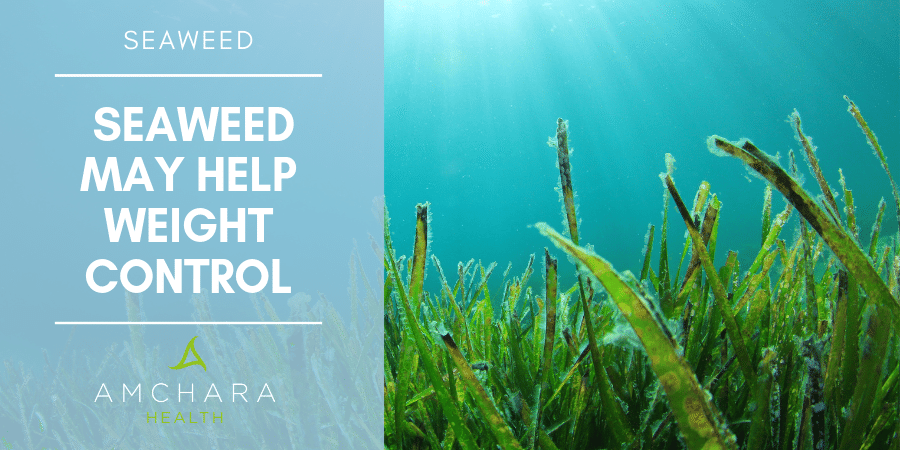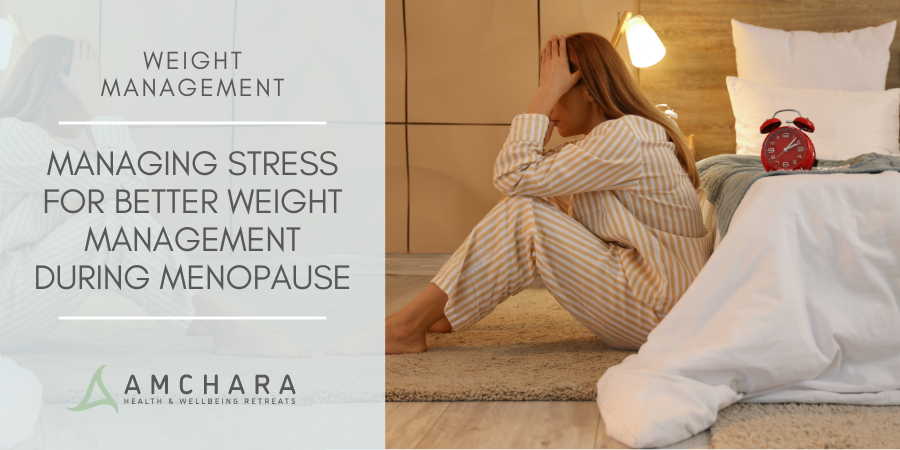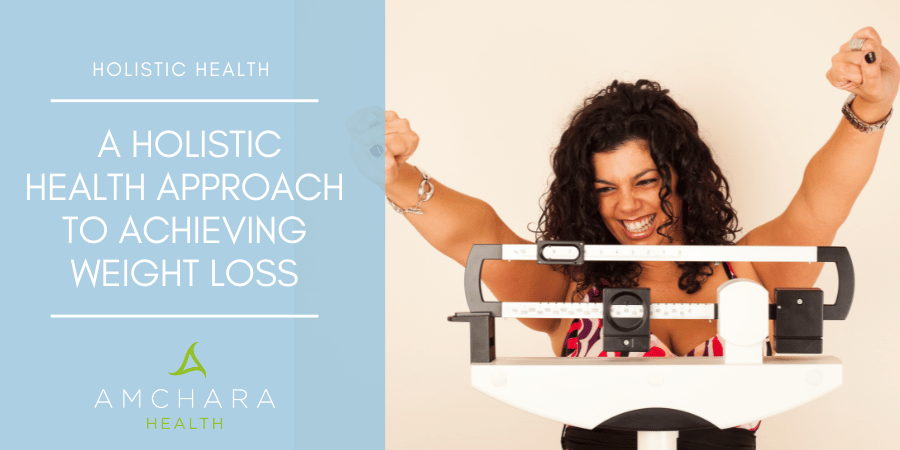Topics Covered in this article:
For all those weight conscious people out there hoping for a product that might make losing weight less of a struggle, the answer may lie in the constituents of a plant growing abundantly in the sea that’s been around for millennia.
You may or may not have heard of Bladderwrack, but apparently its benefits to weight management have been known for some time.
It is only now though that it has been given official approval by the German Federal Institute for Drugs and Medical Devices (BfArM) to be sold as a licenced weight loss product in the EU, as part of a healthy diet.
We always take an evidence-based approach, so let’s take a look into the research on bladderwrack in more detail.
Bladderwrack’s superfood weight loss credentials
Bladderwrack (Fucus vesiculosus) is a green/brown seaweed which grows up to 30cm long and is commonly found on the Atlantic shores of the Baltic Sea, as well as in Northern Russia, Greenland, Europe, Morocco, the Canary Islands and Madeira.
The main stem of bladderwrack, called the thallus, is the part of the seaweed that is used medicinally.
The thallus has tough, air filled pods or bladders, which helps it to float, hence its distinctive name bladderwrack. (3)
Bladderwrack is a rich source of iodine and selenium, both of which are particularly important for the regulation of the thyroid gland.
It is thought these minerals may stimulate the thyroid gland to produce thyroxine, which increases metabolism, thus promoting weight loss. (4)
Bladderwrack also decreases the activity of an enzyme associated with cholesterol accumulation. (5)
This might be of benefit to individuals with low thyroid function, for whom sluggish metabolism may lead to excessive fat and glucose accumulation.
From a nutritional perspective, bladderwrack has additional benefits due to its exceptional combination of macro and micronutrients.
It has a high content of dietary fibre, minerals and vitamins as well as being low in fat and rich in antioxidants such as polyphenols and phlorotannins.
Bladderwrack has been harvested and used as a food source in Far East Asia for centuries; in fact the Japanese who regularly consume seaweed have the longest life expectancy in the world, which is partly associated with their particular dietary patterns. (9)
Research evidence
With regard to supporting weight loss, compounds known as alginates, isolated from bladderwrack, have been shown in recent research as having the potential to promote weight loss.
One study published in Food Chemistry, has shown that alginate from bladderwrack can suppress the digestion of fat in the gut. (1)
Results from a further study support the potential for weight control by consuming seaweed.
Researchers reported that taking 500mg of seaweed daily (a basic extract not concentrated) decreased glucose absorption following a meal, as well as increasing insulin sensitivity acutely in response to carbohydrates. (8)
Insulin and glucose control are important factors in managing weight.
Insulin plays a role in regulating blood sugar levels and converting food energy into fat by stimulating the cells to absorb glucose for use as energy.
If the cells do not remove glucose from the blood, the body will store it in the tissues as fat.
Safe dosage
There is no officially approved or standardised dosage for bladderwrack; however as an herbal supplement it is generally considered safe, even at doses up to 4-6g/day of crude dried seaweed, which provides roughly 400-500 µg of iodine. (4)
Seaweed is very much a part of the daily diet In Japan, where the average intake of iodine is estimated to be from 1.2mg-3mg a day. (6) (7)
In terms of weight control combined with a weight loss diet, the suggested dose for traditional herbal medicines in powdered form is 130mg, twice daily with a glass of water, 2 hours before meals. (2)
Takeaway message
To gain maximum benefits, it is strongly recommended that seaweed supplements are taken alongside a healthy balanced weight loss eating plan.
For additional help with weight loss we recommend you read our blog about sustainable weight loss.
Losing weight is often easier with the guidance and support of a qualified nutritional therapist.
Why not take advantage of a complimentary consultation with one of our Health Practitioners?
Have you tried bladderwrack?
Do you have any weight loss tips that have worked for you?
Let us know, we’d love to hear from you.
READ THIS NEXT:




